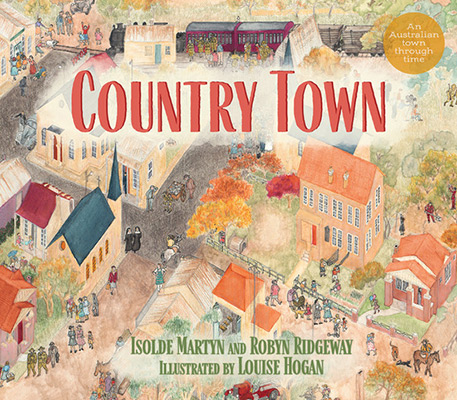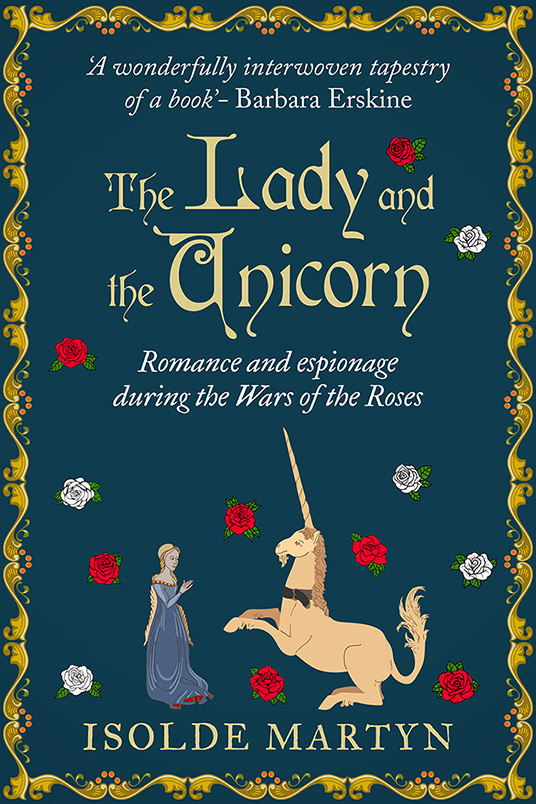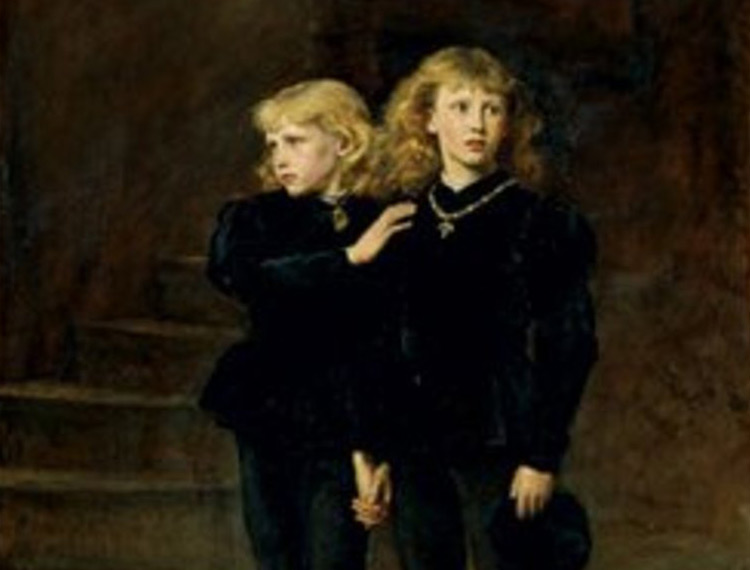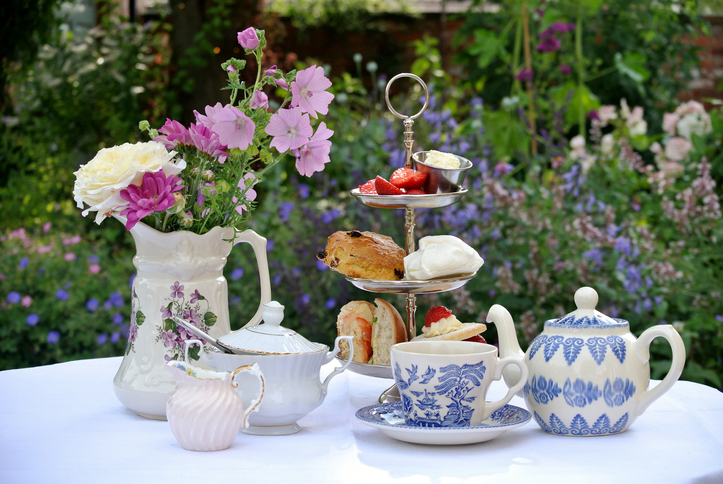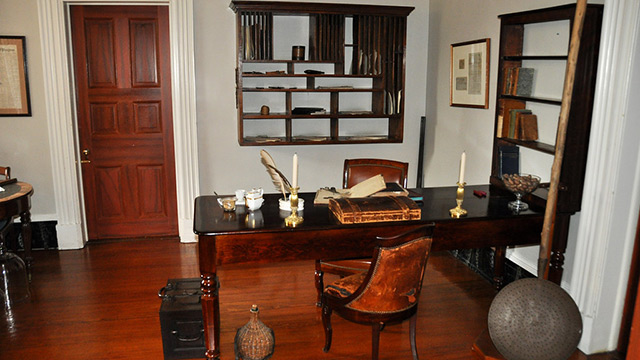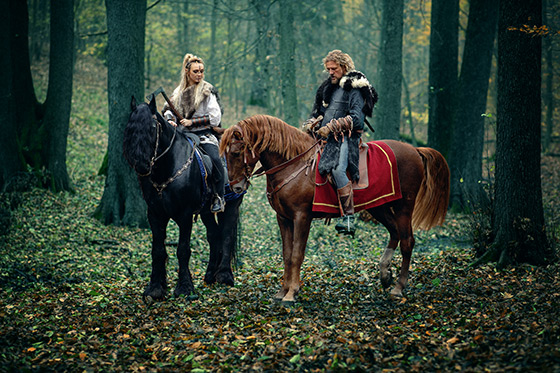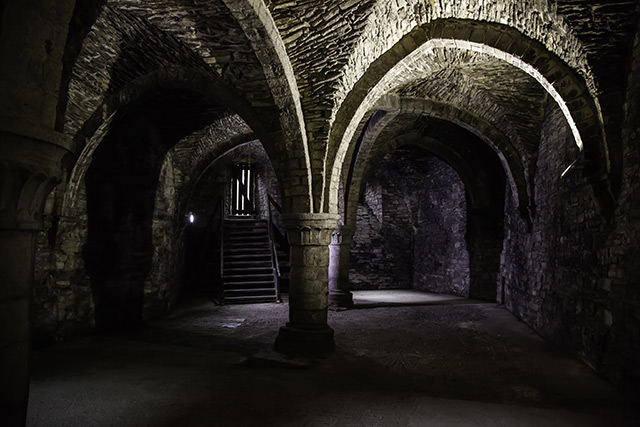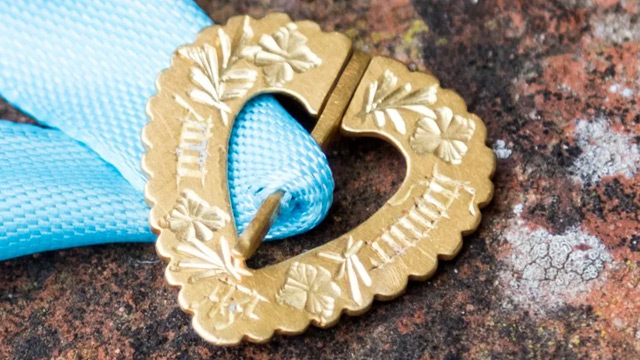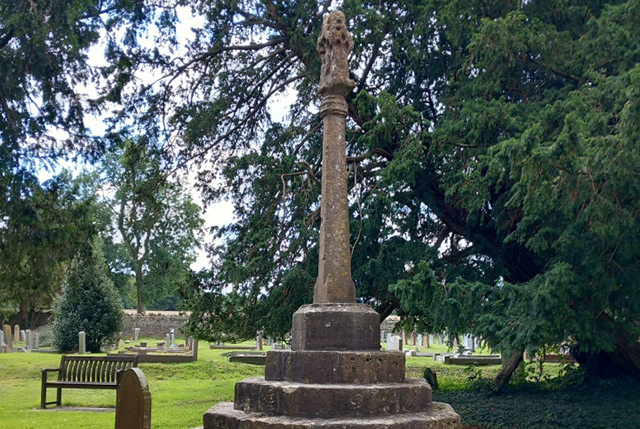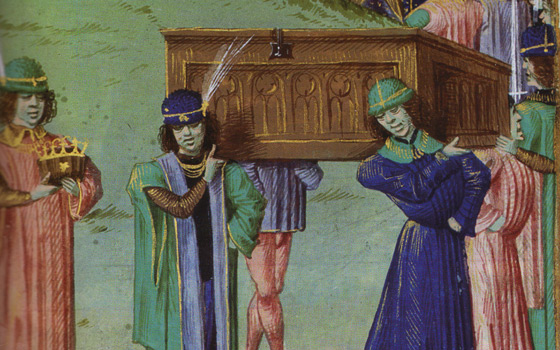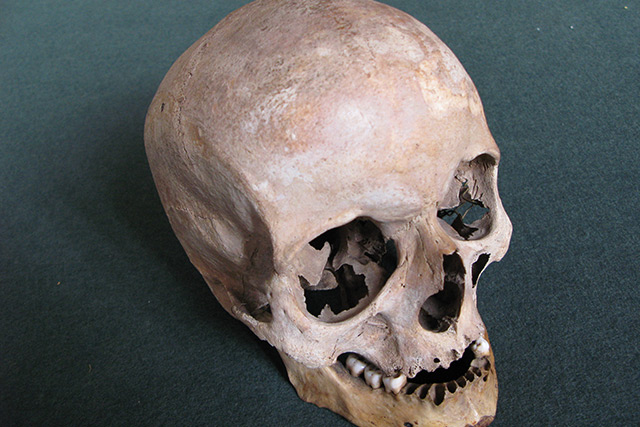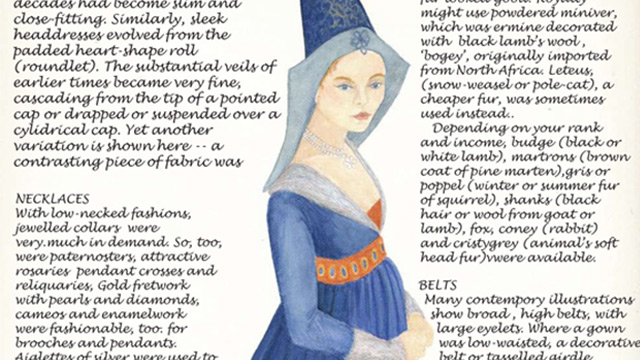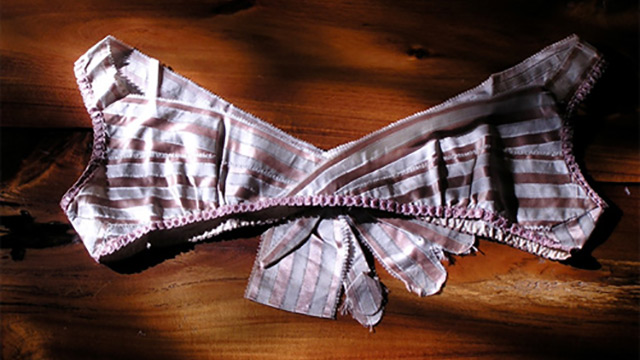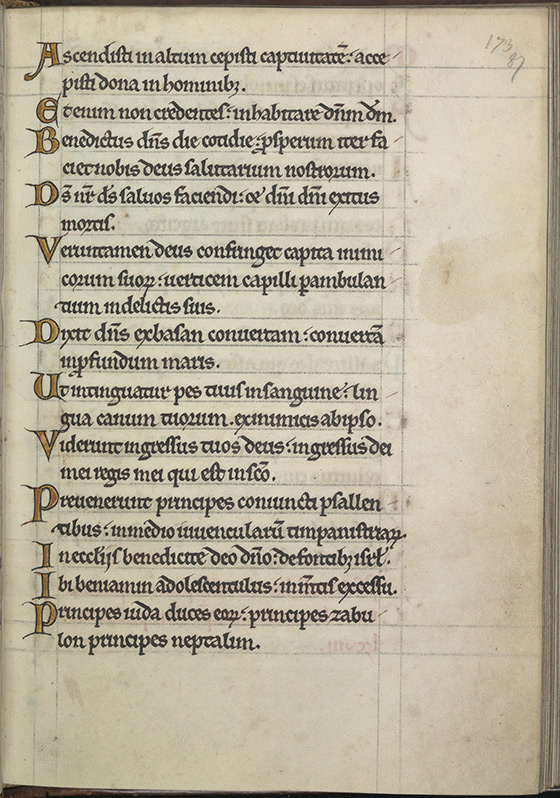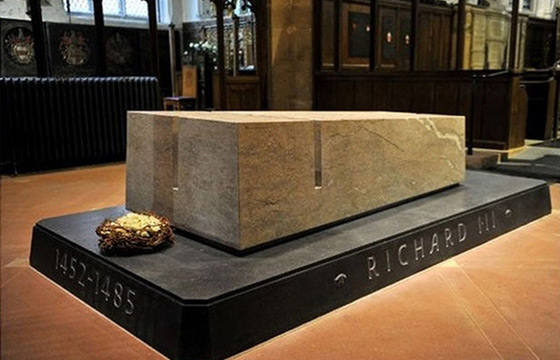Author's scrapbook
There’s a miscellany of articles here including some short stories and a section of writer’s aids and tips that new authors might find very useful. However, if you’re after something really light-hearted and utterly ficticious, there are several “letters that were never sent”, first published in the magazine of the NSW Branch of the Richard III Society.
Latest news
Country Town
The Lady and the Unicorn – Sapere Books
The Lost Princes
Stories
These stories date back to when women’s magazines published short stories that were short enough to enjoy while drinking a cup of coffee. It’s a shame there’s not more outlet for them any more.
Heart of Gold was commissioned by Woman’s Weekly for a St Valentine’s Day issue and the other stories were published in Woman’s Day’s “Five minute Fiction”. As for inspiration, The Governor’s Wife came about after a visit to Queenscliffe in Victoria, Australia. As for The Jacaranda Tree, it is said that in the early decades of the twentieth century, two hospitals in Sydney gave tiny jacaranda seedlings to new mothers. Every jacaranda season, I wonder how many of these magnificent trees were linked to a newborn child or whether this is an urban myth.
Tea with a Stranger is set in early Colonial Australia. I spent a year sleuthing sedition in early colonial Australia when I was working as a research assistant so was pretty immersed in the convict era.
Tea with a stranger
A loving matter
Heart of gold
The Governor’s Lady
The jacaranda tree
Articles
There’s a miscellany of articles here including some short stories and a section of writer’s aids and tips that new authors might find very useful. However, if you’re after something really light-hearted and utterly ficticious, there are several “letters that were never sent”, first published in the magazine of the NSW Branch of the Richard III Society.
Encountering your hero and heroine’s descendants
Malleus Maleficarum
Thornbury Castle
The Hastings heart brooch
The hard grind of writing historical novels
Where do Michelmas daisies come from?
Katherine Neville’s world: Chewton Mendip
Duke of York slain
About the Golden Widows
Power Poyntz, Iron Acton and Margaret Woodville
An update on Mistress Shore, John Agard and Thomas Lynom
Mistress to the Crown
Interview with Dorothy Dunnett
Hugh Dispenser’s body found?
The case of the missing head
Writers tips
Getting the historical research right is so important, even if most of gets to end up on the cutting room floor. Readers are pretty informed and they won’t take you seriously if you haven’t immersed yourself in the era that you are setting your novel. Don’t have a character riding into your scene if he was a prisoner in the Tower of London that week. The other mistake that new writers can make is putting in too much description to show that they have done their research. Remember that readers these days are very visually informed. Say ‘castle’ and their imaginations immediately conjure up something pretty credible. For the writer, sometimes, it’s just a little detail that works really well and gives that wonderful vivid touch. It might be something that shows you’ve been to the location.
The checklists for writers are worth a browse if you are pretty new to sending off your manuscript. There might be something you’ve forgotten, omitted or never considered.
Reference materials
Historical fabrics
Margery’s court apparel
Late Regency clothing
Checklist for manuscripts
Medieval names
Test your research skills
Humour
Hope you enjoy the items. Sometimes, it’s good to have some fun with history. There have been some real historic letters that used humour. The Duke of Wellington had a very dry wit especially when dealing with tiresome bureacracy.
When writing the dialogue for historical novels, it’s good to remember that from cave-dwelling days (trying here to think of a Neanderthal joke), people have always used humour. The English language has so many verbs for laughter. Banter, especially between male friends, punning, sarcasm, irony, the list goes on. Humour can break the ice, defuse a tense situation, act as a weapon or a defence. But, please, don’t use humour in your manuscript if you don’t find it easy.

